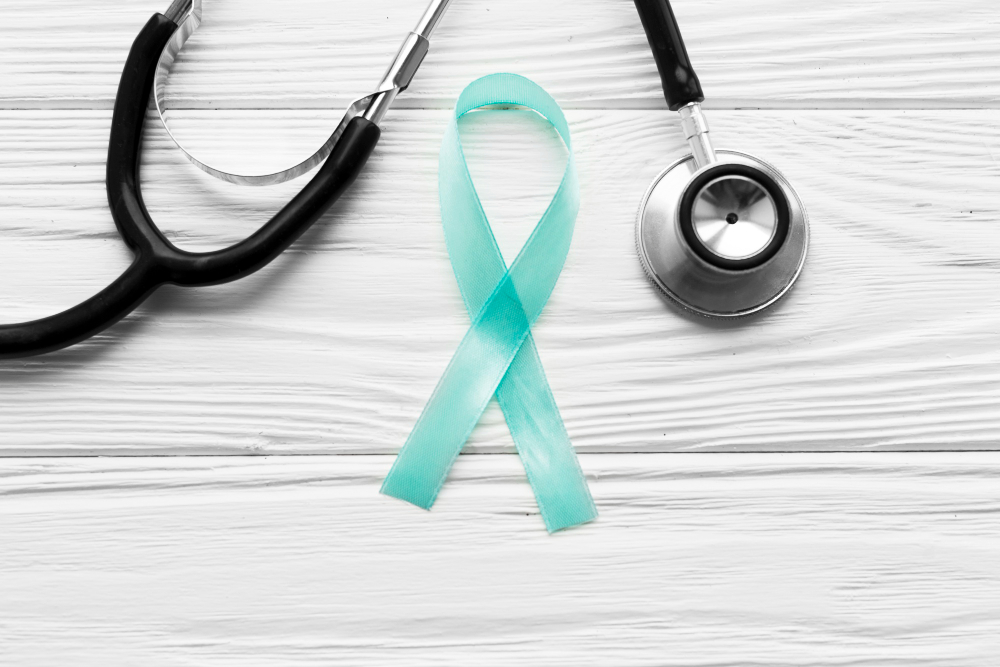Healthcare
CategoryThe Most In-Demand Specialties for NPs and PAs in 2024
As we near the end of 2024, the roles of Nurse Practitioners (NPs) and Physician Assistants (PAs) have become increasingly vital in the healthcare system. With a growing emphasis on accessible, high-quality patient care, these professionals are st…
How to Thrive in a Physician Shortage: Opportunities and Challenges
As we enter 2025, the healthcare industry is grappling with a significant challenge: a growing physician shortage. This shortage, driven by an aging population, increasing demand for healthcare services, and a wave of retirements among current phy…
How AI and Technology Are Transforming Nursing Practice
In 2024, the integration of Artificial Intelligence (AI) and advanced technologies into healthcare is not just a futuristic concept—it’s our present reality. Nurses, as frontline caregivers, are at the forefront of this technological revolution. L…
What Can Elderly Care Be Expected to Look Like in the Near Future?
At a certain point, humans who are lucky enough to make it to old age transition out of what we often call “preventative care.” Lifestyle adjustments that are designed to maintain their good health. People in the final stage of life develop chroni…
How Social Workers and Healthcare Providers Create Stronger Support Systems Together
Social workers are some of the most undervalued and overlooked professionals in today’s global economies. Despite a number of reasons to pursue social work, and that much of the social work accomplished is of great necessity and importance to huma…
The Rising Popularity of Home Healthcare and Its Impact on Nursing
Home healthcare is transforming the way patients receive medical care, rapidly gaining popularity as an alternative to traditional hospital or clinical settings. Driven by advancements in technology, a growing preference for personalized care, and…
How AI is Revolutionizing Treatment and Wellness
The Future of Healthcare
The health care industry is making some transformations, to turn over the industry in the hands of Artificial Intelligence (AI). The technology’s adoption in the health sector will focus on personalized care, with supervi…
The Question of Healthcare Resource Allocation: Balancing Equity and Efficiency
Healthcare resource allocation is one of the most pressing ethical and practical dilemmas faced by healthcare systems worldwide. With finite resources and virtually infinite needs, decision-makers must determine how to distribute funds, personnel,…
The Job Market for Nurses Today: Opportunities, Challenges, and the Future
The nursing profession has always been a cornerstone of the healthcare system, and today, its significance is more pronounced than ever. The job market for nurses is experiencing remarkable shifts driven by global health challenges, an aging popul…
From Research to Practice: Managing Ovarian and Uterine Cancer Risks in Women’s Health
In 2023 in the United States, ovarian cancer caused an estimated 19,710 new cases and 13,270 deaths. Although the numbers are declining, this is still staggering. Ovarian cancer is a rare disease, with carcinomas comprising approximately 90% of tu…










